By Andrew Rose, ANW
October 25, 2025

Google has just made a massive leap in quantum computing, and the tech world is buzzing. On October 25, 2025, Google CEO Sundar Pichai announced a groundbreaking achievement with the company’s Willow quantum chip. In a post on X, Pichai shared that the Willow chip achieved what’s being called the “first-ever verifiable quantum advantage.” This means it performed a complex calculation 13,000 times faster than one of the world’s fastest supercomputers. Even Tesla’s Elon Musk took notice, congratulating Google and noting, “Looks like quantum computing is becoming relevant.”
Google’s Willow chip has achieved a verifiable quantum advantage, running a new algorithm 13,000 times faster than the best supercomputers. This breakthrough, named Quantum Echoes, can explain atomic interactions and paves the way for drug discovery and materials science. The verifiable result marks a significant step towards real-world quantum computing applications.
This milestone is a big deal for science and technology. It’s a step toward making quantum computers useful for real-world problems, like designing new medicines or creating advanced materials. Here’s a simple breakdown of what happened, why it matters, and what it could mean for the future.
What Did Google Do?
Google’s team, using the Willow quantum chip, ran a special algorithm called “Quantum Echoes.” This algorithm, also known as an out-of-order time correlator (OTOC), helps scientists understand how information moves in quantum systems. These systems include things like molecules, magnets, or even black holes. The Willow chip completed this task in a way that no regular supercomputer could match.
What makes this achievement stand out is its speed and reliability. The Willow chip solved the problem 13,000 times faster than the best classical algorithm running on a top supercomputer. Even more impressive, the result is “verifiable.” This means other quantum computers or experiments can double-check Google’s work to confirm it’s correct. This is a first in quantum computing history, as earlier claims of quantum breakthroughs were harder to prove.
Sundar Pichai shared his excitement in his X post, saying, “This breakthrough is a significant step toward the first real-world application of quantum computing, and we’re excited to see where it leads.” The research was published in the prestigious journal Nature, adding weight to Google’s claim.
Why Does This Matter?
Quantum computers are different from regular computers. Regular computers use bits, which are like tiny switches that are either “on” (1) or “off” (0). Quantum computers use qubits, which can be 1, 0, or both at the same time, thanks to a property called quantum superposition. This allows quantum computers to tackle certain problems much faster than regular computers.
Until now, quantum computers have been more of a science experiment than a practical tool. They’ve shown promise, but their results were often hard to verify or apply to real-world problems. Google’s Willow chip changes that. By solving a complex problem faster than a supercomputer—and proving it—the chip shows quantum computing is ready to move beyond the lab.
The Quantum Echoes algorithm could have big impacts. For example, it can help scientists study how atoms interact in molecules using a technique called nuclear magnetic resonance. This could lead to breakthroughs in drug discovery, like creating better medicines, or in materials science, like designing stronger or lighter materials for things like airplanes or batteries.
Elon Musk’s Reaction
Elon Musk, the CEO of Tesla and SpaceX, doesn’t often comment on other companies’ achievements, so his response to Pichai’s post caught attention. His simple “Congrats. Looks like quantum computing is becoming relevant” shows that even competitors see the importance of Google’s work. Musk’s own companies, like xAI, are exploring advanced technologies, so his nod to Google’s success highlights how quantum computing is starting to matter to the biggest names in tech.
What’s Next for Quantum Computing?
Google’s breakthrough doesn’t mean quantum computers will replace your laptop or phone anytime soon. Quantum computers are best suited for specific, complex problems that regular computers struggle with. But this achievement is a sign that practical quantum computing is getting closer.
For example, drug companies could use quantum computers to simulate how molecules behave, speeding up the process of finding new treatments. Materials scientists could design new materials for renewable energy, like better solar panels or batteries. Even fields like cryptography, which protects data online, could see changes as quantum computers get stronger.
However, there are still challenges. Quantum computers are expensive, hard to build, and need special conditions to work, like super-cold temperatures. Google’s Willow chip is a big step, but more work is needed to make quantum computing widely available.
Google’s Bigger Plans
This isn’t Google’s only big move in technology. The company is also investing heavily in artificial intelligence (AI). Recently, Sundar Pichai announced that Google will invest $15 billion to build an AI hub in Visakhapatnam, India, after talks with Indian Prime Minister Narendra Modi. This shows Google is pushing hard to lead in both quantum computing and AI, two fields that could shape the future.
Why This Is Exciting
Google’s Willow chip breakthrough is a historic moment. It’s the first time a quantum computer has clearly outperformed a supercomputer in a verifiable way. This could open doors to new discoveries in science, medicine, and technology. The fact that the result can be checked and repeated by others makes it even more trustworthy.
For everyday people, this news might seem far-off, but it’s a glimpse into a future where quantum computers could solve problems that are impossible today. From curing diseases to fighting climate change, the possibilities are huge. And when someone like Elon Musk takes notice, you know it’s a big deal.
What after this?
Google’s Willow chip has set a new standard for quantum computing. By running the Quantum Echoes algorithm 13,000 times faster than a supercomputer, Google has shown that quantum computers are starting to live up to their promise. This breakthrough, celebrated by Sundar Pichai and acknowledged by Elon Musk, marks a turning point. While there’s still a long way to go, the future of quantum computing looks brighter than ever. Stay tuned—this is just the beginning.
Source: TOI Tech Desk, TIMESOFINDIA.COM, October 25, 2025
Follow America News World (ANW) for more updates on technology and innovation.
Discover more from AMERICA NEWS WORLD
Subscribe to get the latest posts sent to your email.
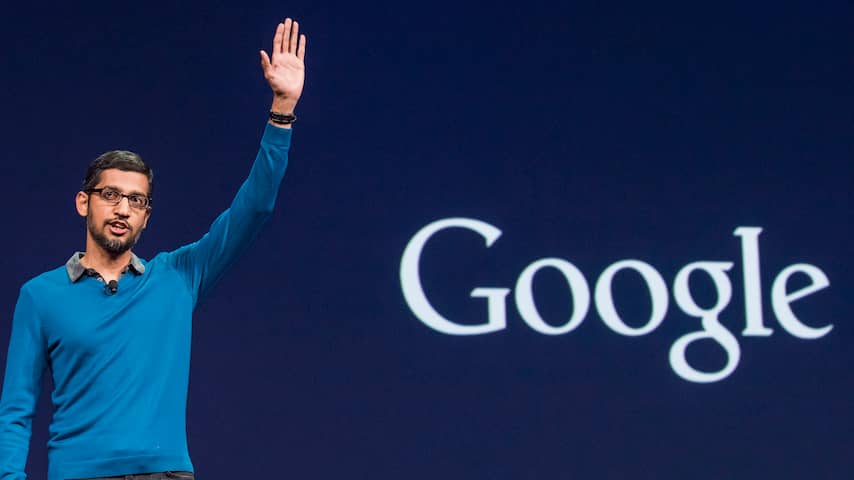



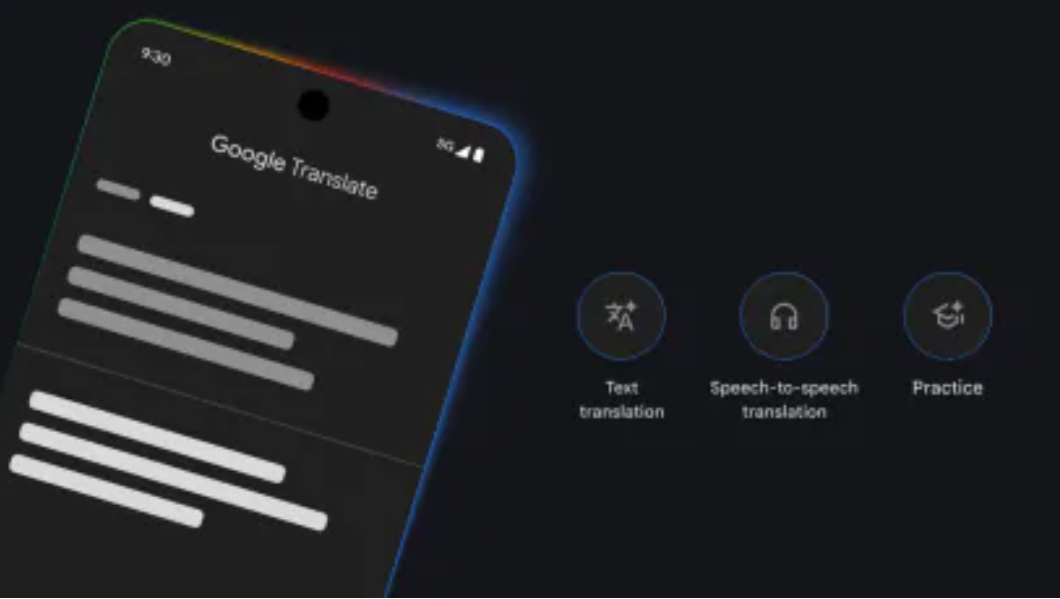
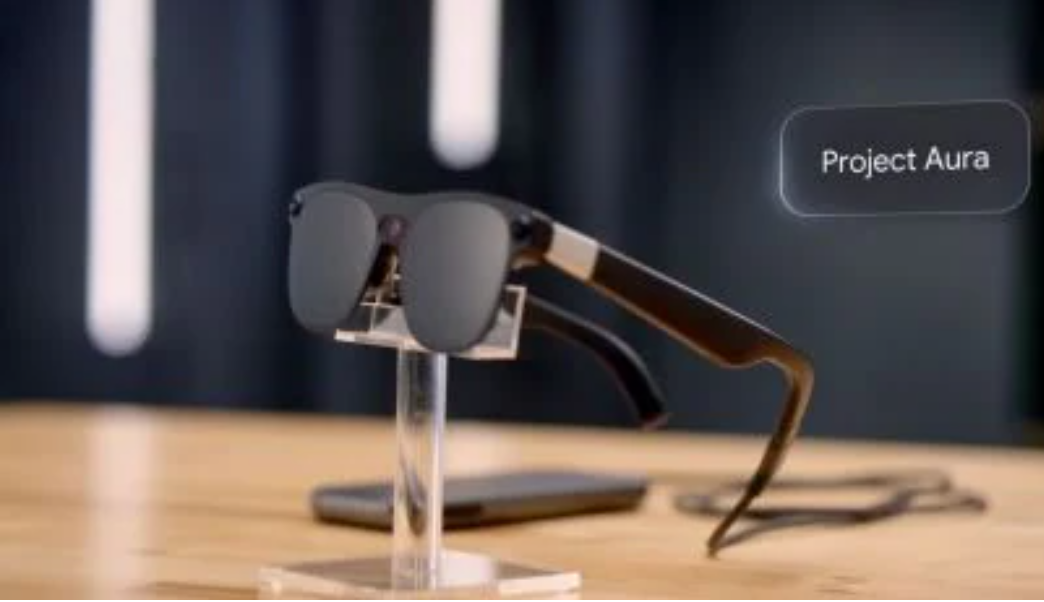

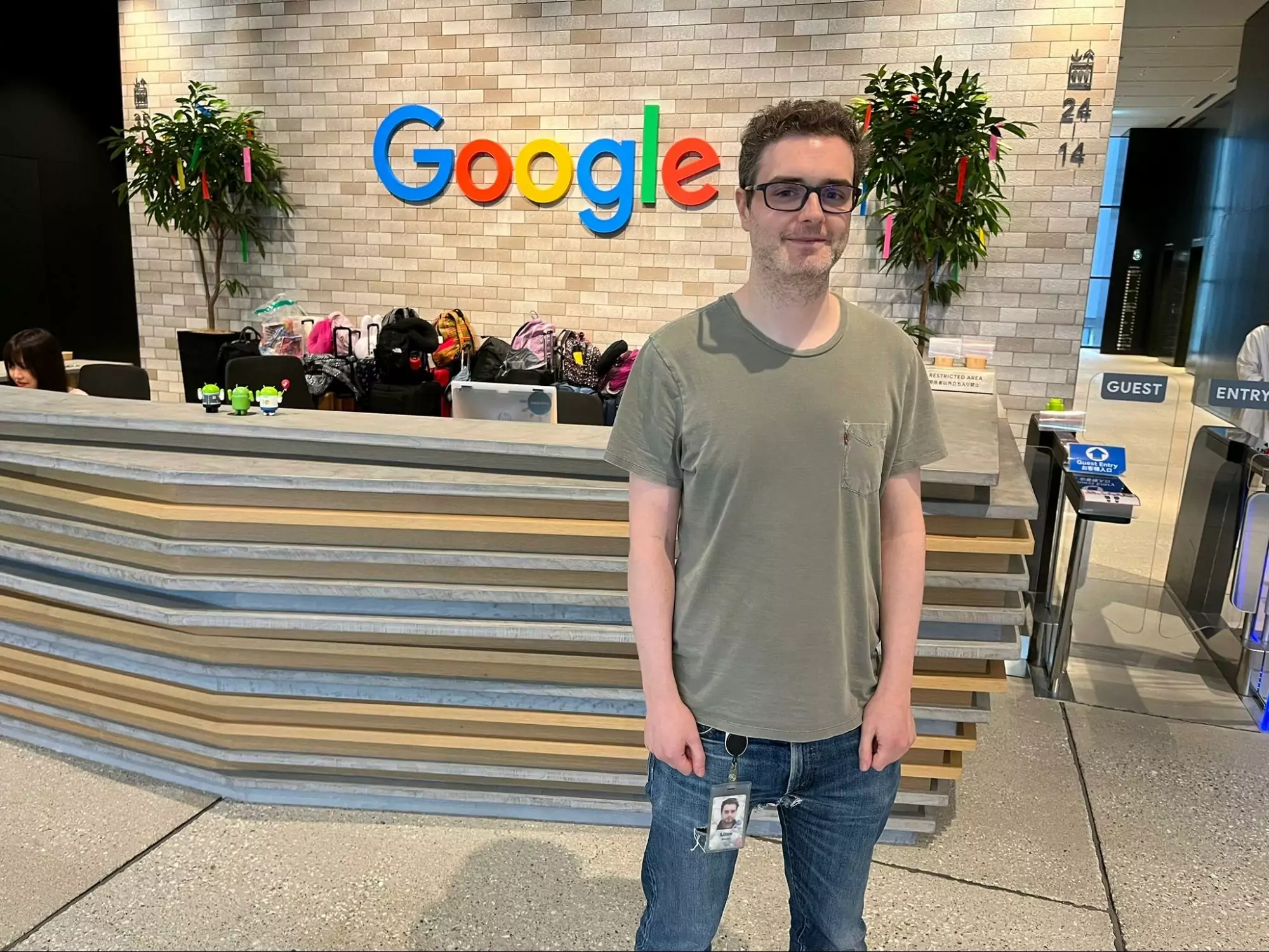

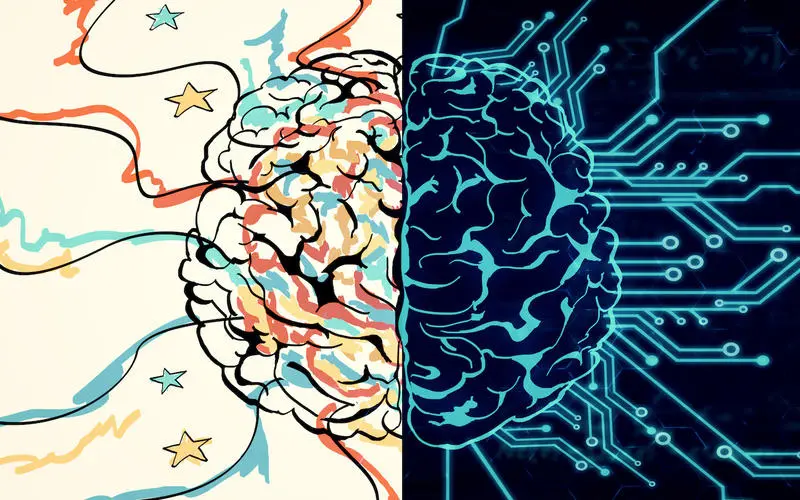
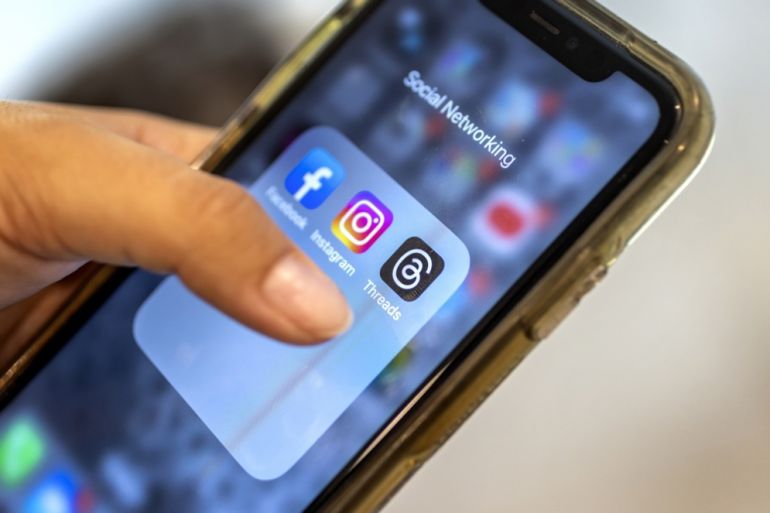
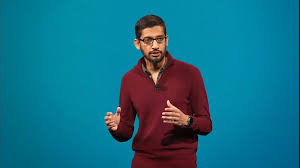

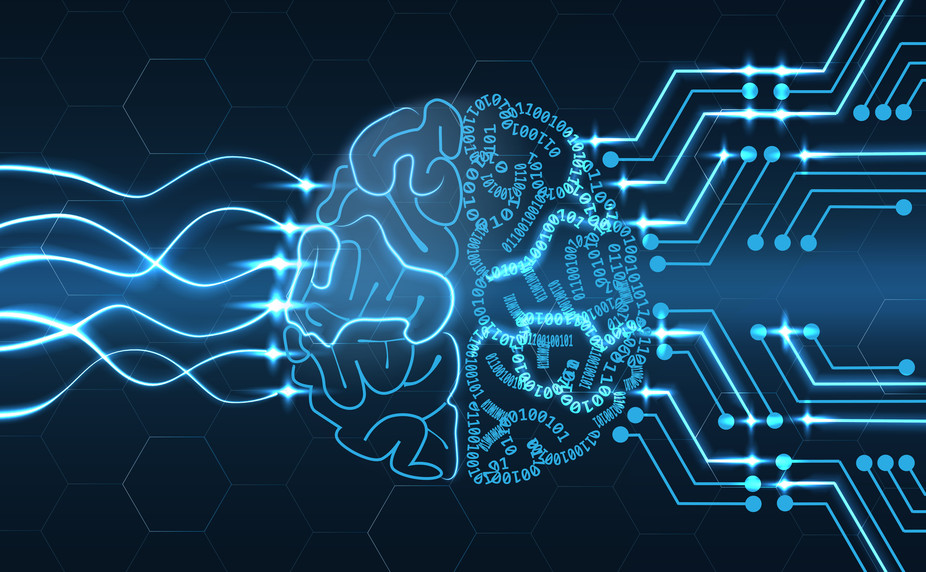


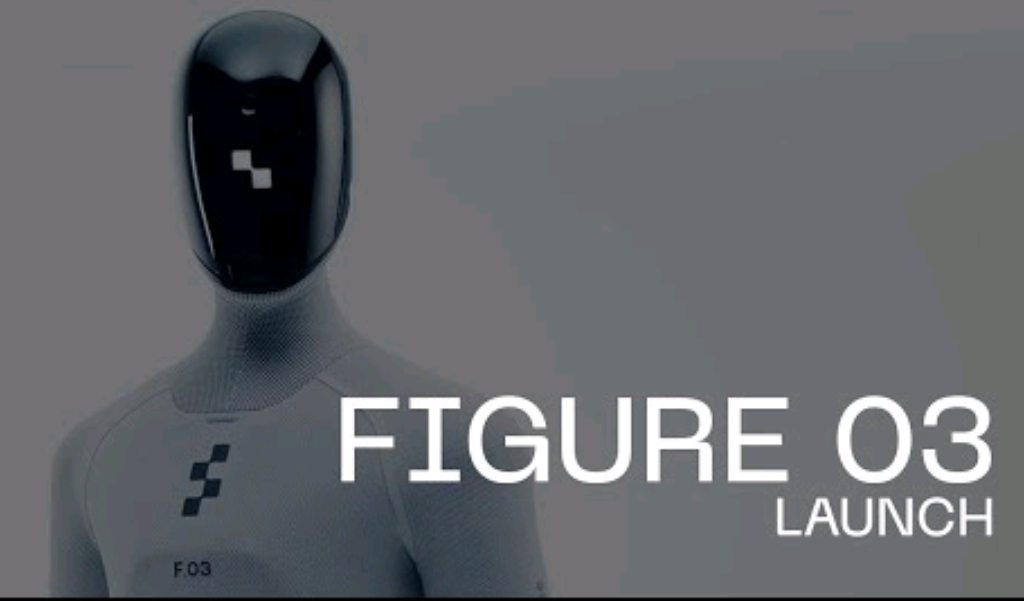
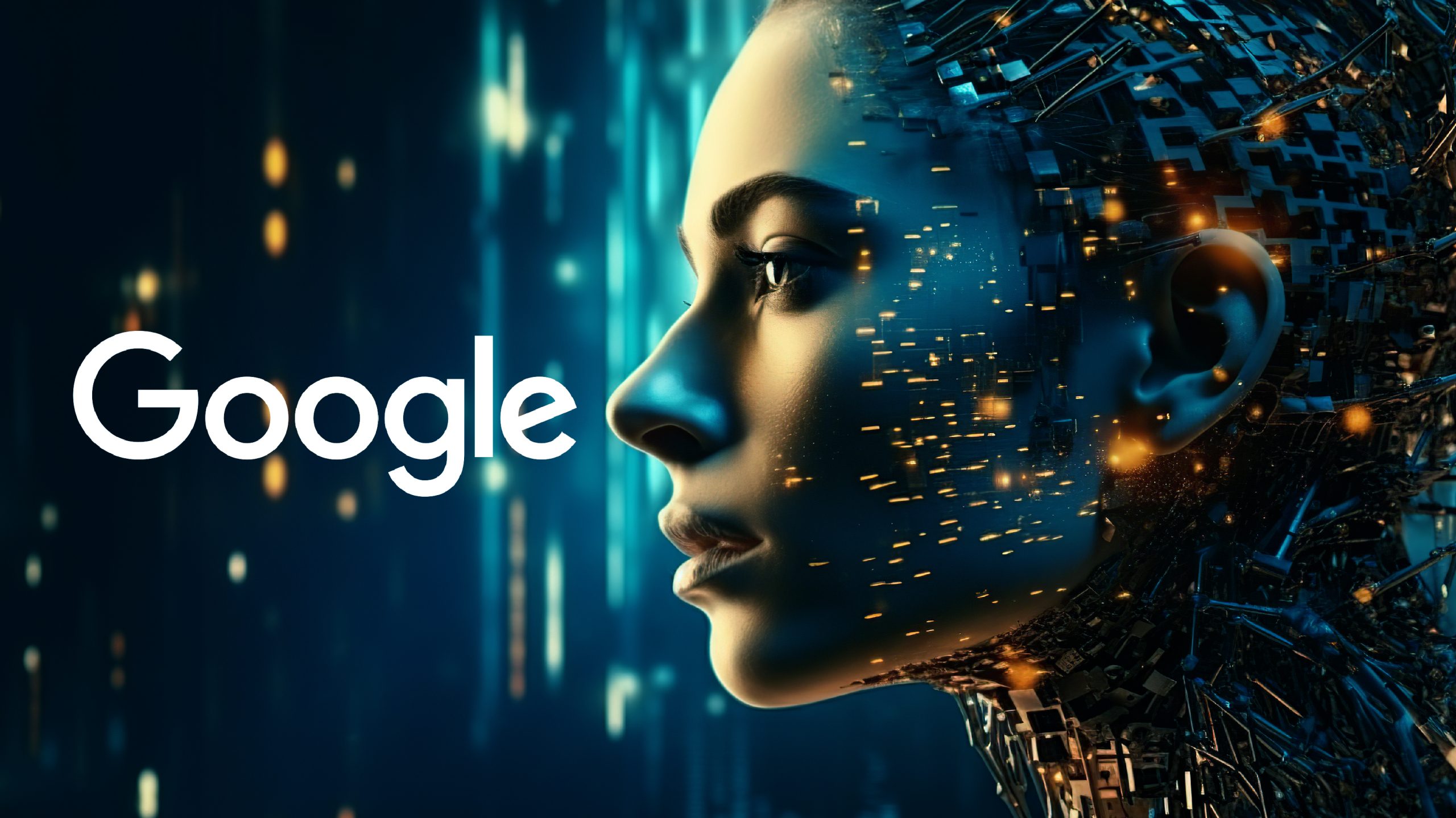

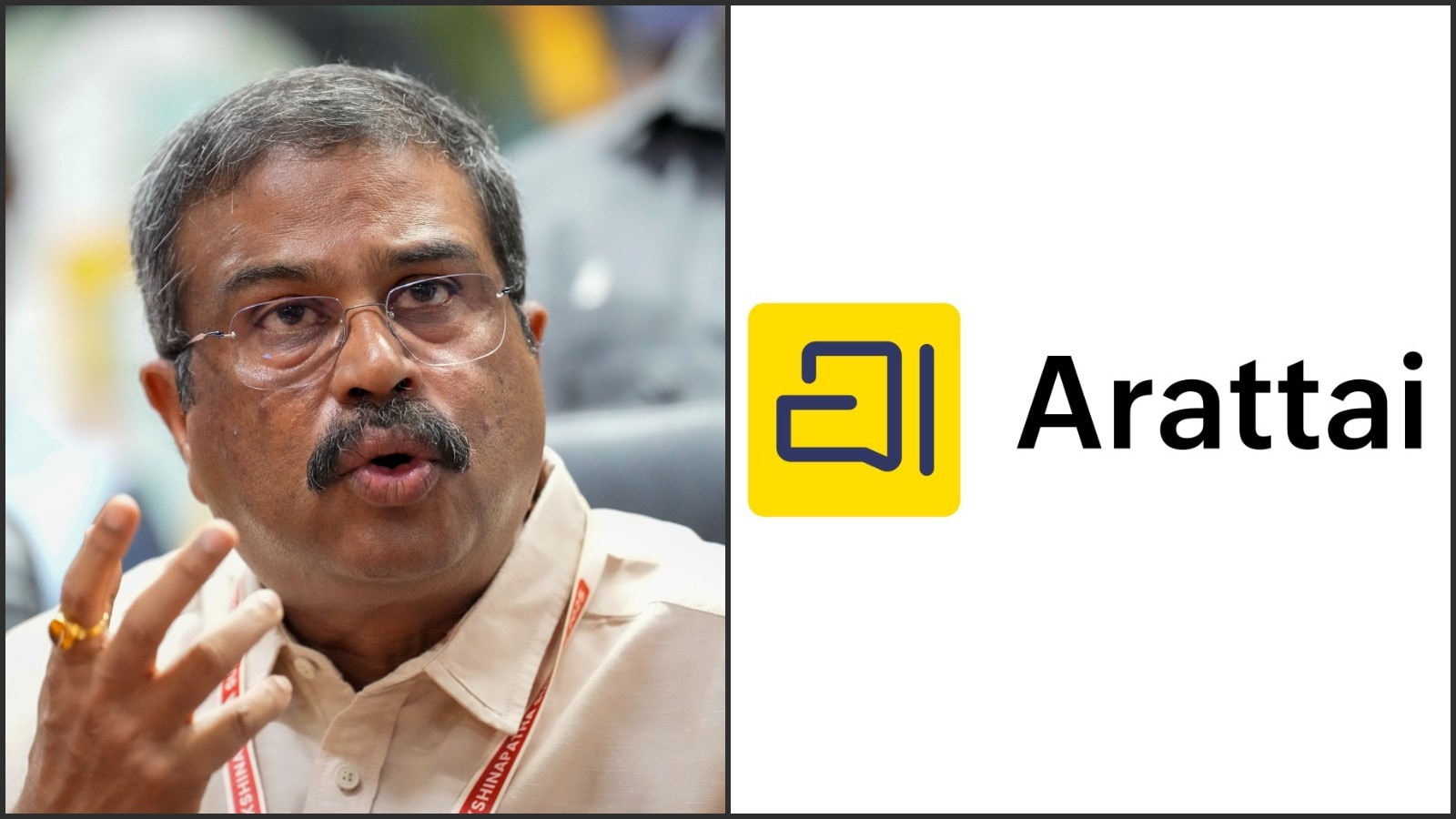
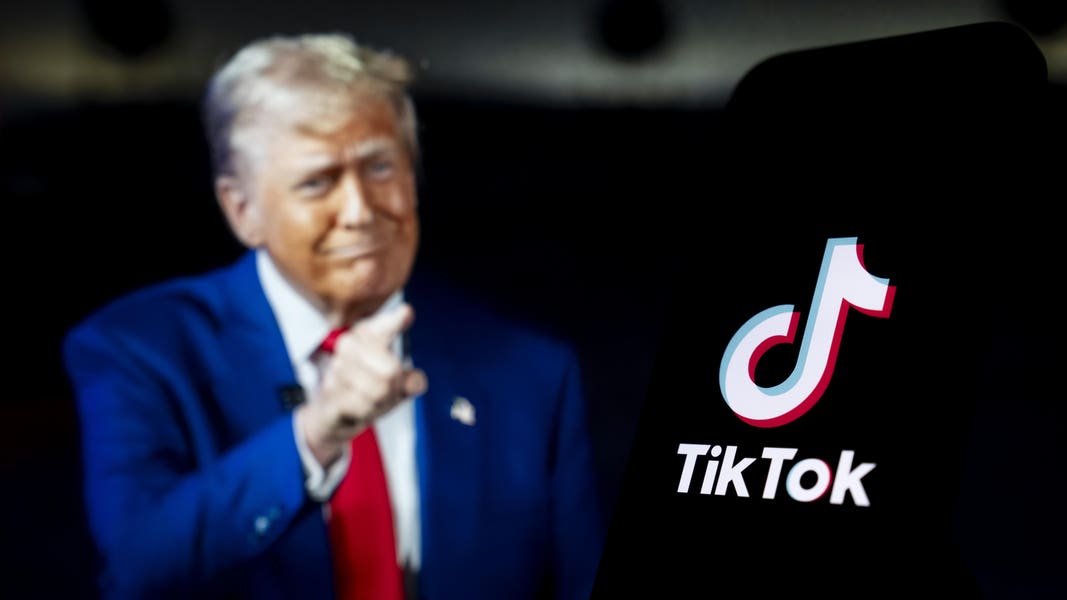


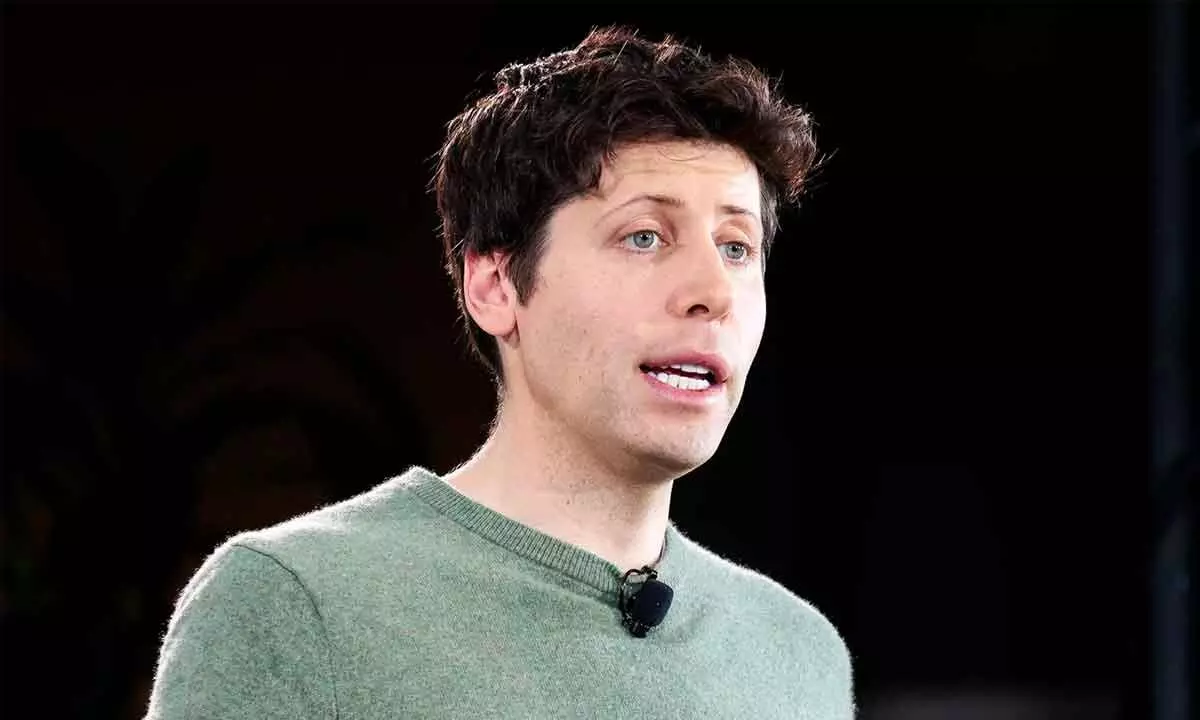
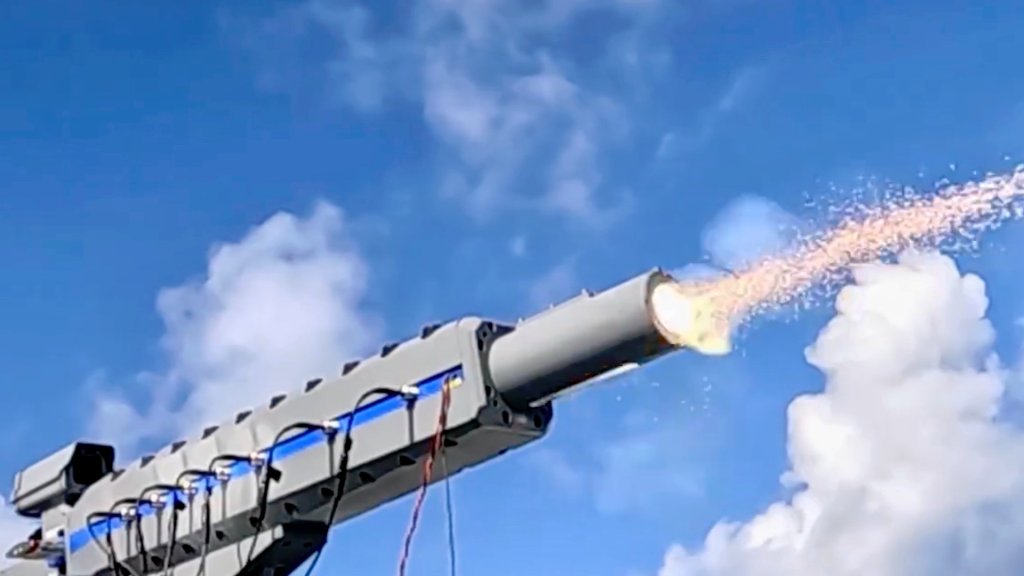
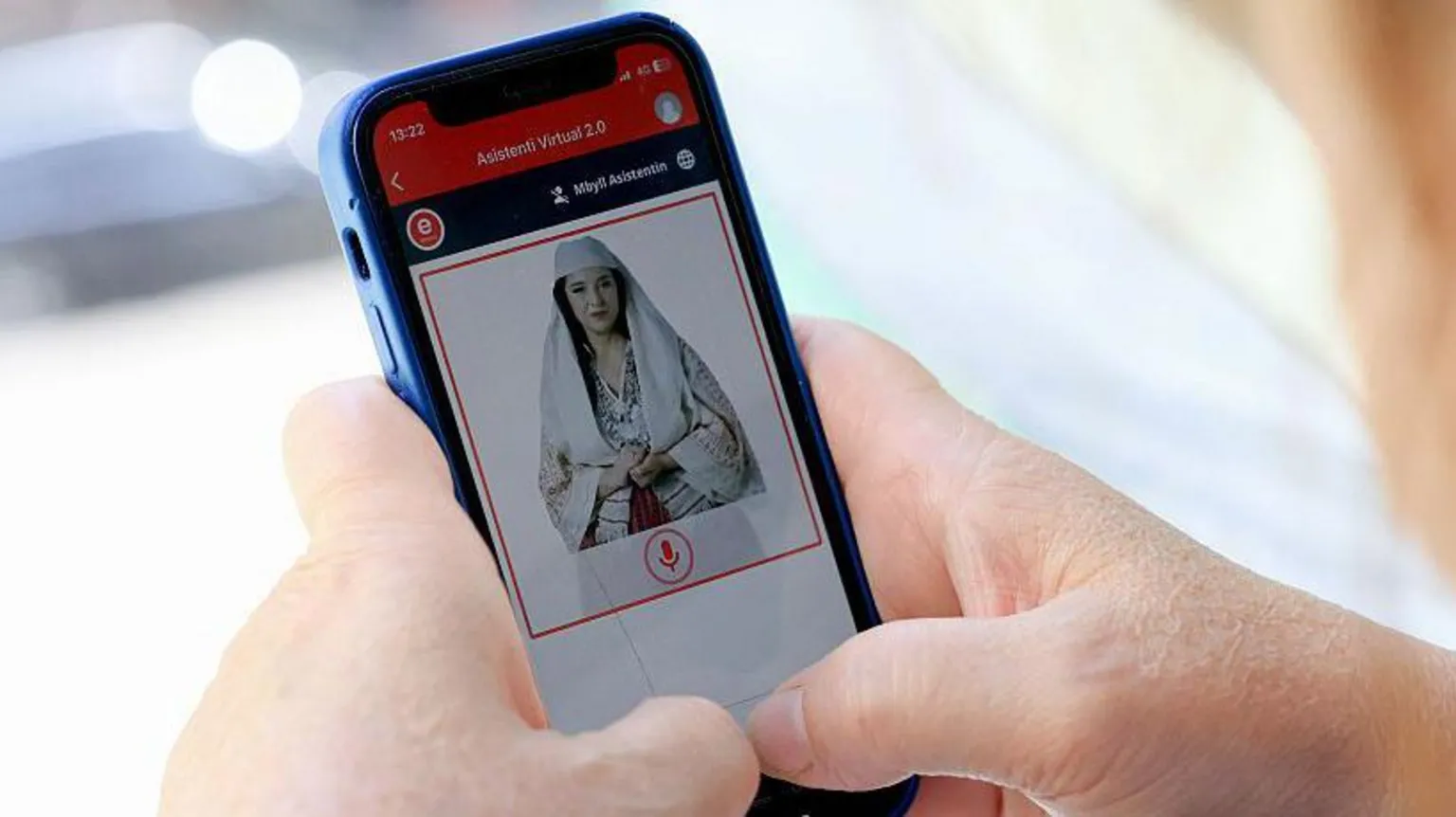

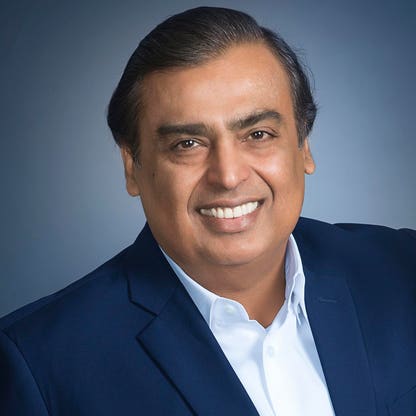
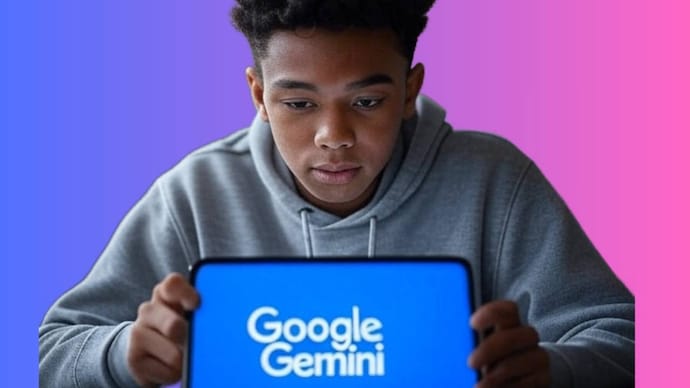
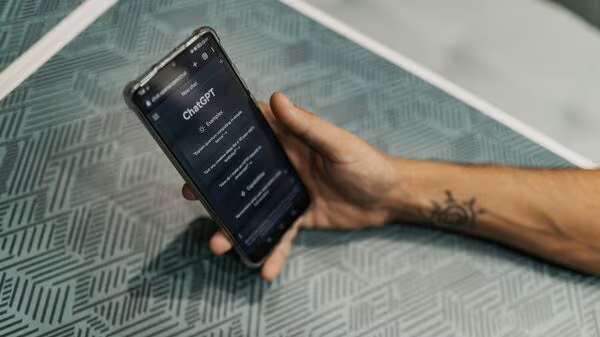
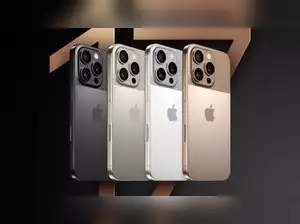
**, we dive into why your electric bill is climbing and what can be done. ### Why Are Electricity Prices Rising? Electricity costs are soaring across the United States. According to the U.S. Energy Information Administration (EIA), household electricity prices are expected to jump 13% from 2022 to 2025. In some states, the increase is even steeper. For instance, Maine saw a 36.3% spike, while Connecticut faced an 18.4% rise between May 2024 and May 2025. Nationwide, the average household paid 17.47 cents per kilowatt-hour in May 2025, up from 16.41 cents a year earlier—a 6.5% increase. So, what’s driving these hikes? First, there’s a massive surge in electricity demand. More people are using air conditioners during hotter summers. Electric vehicles and heat pumps are also becoming popular. However, the biggest culprit is the rapid growth of AI-powered data centers. These facilities, run by tech giants like Amazon, Google, and Microsoft, use as much electricity as small cities. A single AI search, like one on ChatGPT, consumes 10 times more power than a regular Google search. Additionally, natural gas prices, a key fuel for power plants, have climbed. The aging US power grid also struggles to keep up. Many transmission lines and power plants date back to the post-World War II era. As a result, utilities are spending billions to upgrade infrastructure, and those costs are passed on to consumers. > **Data Highlight: Electricity Price Trends (2022-2025)** > Source: U.S. Energy Information Administration > - **2022**: 14.96 cents per kWh > - **2023**: 15.87 cents per kWh > - **2024**: 16.41 cents per kWh > - **2025 (May)**: 17.47 cents per kWh > *Note*: Some states like Maine (+36.3%) and Connecticut (+18.4%) saw sharper increases. ```chartjs { "type": "line", "data": { "labels": ["2022", "2023", "2024", "2025 (May)"], "datasets": [{ "label": "Average US Electricity Price (cents per kWh)", "data": [14.96, 15.87, 16.41, 17.47], "borderColor": "#007bff", "backgroundColor": "rgba(0, 123, 255, 0.2)", "fill": true }] }, "options": { "responsive": true, "maintainAspectRatio": false, "scales": { "y": { "beginAtZero": false, "title": { "display": true, "text": "Price (cents per kWh)" } }, "x": { "title": { "display": true, "text": "Year" } } } } } ``` ### The AI Power Problem The AI boom is transforming how we live, work, and search online. But it comes at a cost. Data centers that power AI tools are sprouting up fast. Between 2021 and 2024, the number of US data centers doubled. By 2030, they could consume 5% to 9% of the nation’s electricity, according to the Electric Power Research Institute. This is a big jump from just 4% in 2022. For example, PJM Interconnection, which serves 67 million people across 13 states, reported a massive spike in demand. In 2024, its capacity auction prices jumped 833%, with data centers driving nearly 70% of the increase. This led to higher bills for households in states like Pennsylvania, New Jersey, and Ohio. In Columbus, Ohio, typical electric bills rose by $27 a month in 2025. Moreover, AI tasks are energy hogs. Generating a single high-definition AI image uses as much power as charging a smartphone halfway. As more people use AI for work or fun, the strain on the grid grows. Tech companies are racing to build bigger data centers, but the power supply isn’t keeping up. This mismatch is pushing prices higher. > **Image**: An Amazon Web Services data center in Boardman, Oregon, August 2024. (Source: Jenny Kane/AP) > *Caption*: Data centers like this one are driving up electricity demand across the US. ### Other Factors Behind the Price Surge While AI is a major player, it’s not the only reason for rising bills. Natural gas prices have spiked, making it more expensive to generate electricity. Also, the US power grid is old and needs upgrades. The Department of Energy says 70% of transmission lines are nearing the end of their lifespan. Replacing them costs billions, and consumers foot the bill. Extreme weather is another issue. Heat waves and storms are more frequent, forcing utilities to repair or harden the grid. In California, utilities spent $27 billion from 2019 to 2023 on wildfire prevention and insurance. These costs trickle down to customers. Meanwhile, some states are phasing out coal plants, but new renewable energy projects face delays due to permitting issues. For more insights on how energy costs affect households, check out **[AMERICA NEWS WORLD (ANW)](https://america112.com/)** for the latest updates. ### Solutions to Ease the Burden Thankfully, there are ways to tackle rising electricity costs. First, experts suggest speeding up the permitting process for new power plants, especially solar and wind. The International Energy Agency (IEA) predicts that solar and wind could add 110 terawatt-hours of power for data centers by 2030. Streamlining permits could bring these projects online faster. Next, tech companies are stepping up. Google recently signed deals to reduce AI data center power use during peak grid times. Amazon is investing in small modular nuclear reactors to power its operations cleanly. These efforts could lower costs and emissions in the long run. Additionally, hardening the grid can help. In Florida, utilities are using concrete poles and advanced tech to make power lines hurricane-proof. In California, moving lines underground reduces wildfire risks. These upgrades cost money upfront but save on repairs later. Finally, power purchase agreements (PPAs) let data centers buy renewable energy directly. This reduces reliance on fossil fuels and keeps costs down for consumers. Co-locating data centers with solar or wind farms is another smart move. For more on clean energy solutions, visit **[AMERICA NEWS WORLD (ANW)](https://america112.com/)**. > **Data Highlight: Projected Data Center Power Demand** > Source: Electric Power Research Institute > - **2022**: 4% of US electricity consumption > - **2030 (Projected)**: 5% to 9% of US electricity consumption > - **Growth**: Data center energy use could double by 2030. ```chartjs { "type": "bar", "data": { "labels": ["2022", "2030 (Projected)"], "datasets": [{ "label": "Data Center Electricity Consumption (% of US Total)", "data": [4, 7], "backgroundColor": ["#28a745", "#dc3545"], "borderColor": ["#28a745", "#dc3545"], "borderWidth": 1 }] }, "options": { "responsive": true, "maintainAspectRatio": false, "scales": { "y": { "beginAtZero": true, "title": { "display": true, "text": "% of US Electricity" } }, "x": { "title": { "display": true, "text": "Year" } } } } } ``` ### What’s Next for Consumers? Electricity prices may keep rising if demand outpaces supply. The White House warns that AI data centers could push prices up 9-58% by 2030 without new investments. The US needs $1.4 trillion by 2030 to meet growing power needs, according to the White House Council of Economic Advisors. This includes building new power plants and transmission lines. However, not all hope is lost. Renewable energy is getting cheaper. Solar and wind projects are expanding, and nuclear power is making a comeback. For example, Microsoft is reviving Pennsylvania’s Three Mile Island nuclear plant to power its AI tools. These efforts could stabilize prices over time. Consumers can also take action. Using energy-efficient appliances, sealing home leaks, and switching to LED lights can lower bills. ### Global Impact and Local Action The AI-driven power surge isn’t just a US problem—it’s global. Data centers worldwide could consume 3-4% of global power by 2030, up from 1-2% today, according to Goldman Sachs. In Europe, countries like Ireland and Germany are seeing similar price hikes. In Asia, Malaysia’s data centers could account for one-fifth of power demand growth. Locally, communities near data centers face challenges. Noise, water use, and power outages are common complaints. Some states, like Pennsylvania, are pushing back. Governor Josh Shapiro has threatened to pull the state from PJM if costs don’t drop. For more on local energy issues, ### Looking Ahead The AI revolution is exciting, but it’s putting pressure on power grids and wallets. While tech companies and utilities work on solutions, consumers are stuck with higher bills. By investing in clean energy, upgrading grids, and managing demand, the US can balance innovation with affordability. Stay informed with **[AMERICA NEWS WORLD (ANW)](https://america112.com/)** for the latest energy news. For a deeper dive into how AI is reshaping the energy landscape, check out this [CBS News article](https://www.cbsnews.com/news/ai-data-centers-electricity-demand-power-grid-us/) on the growing strain on US power grids.](https://america112.com/wp-content/uploads/2025/08/1198006_3_0818-NPRICES-lines-lede.jpg_standard-1.jpg)
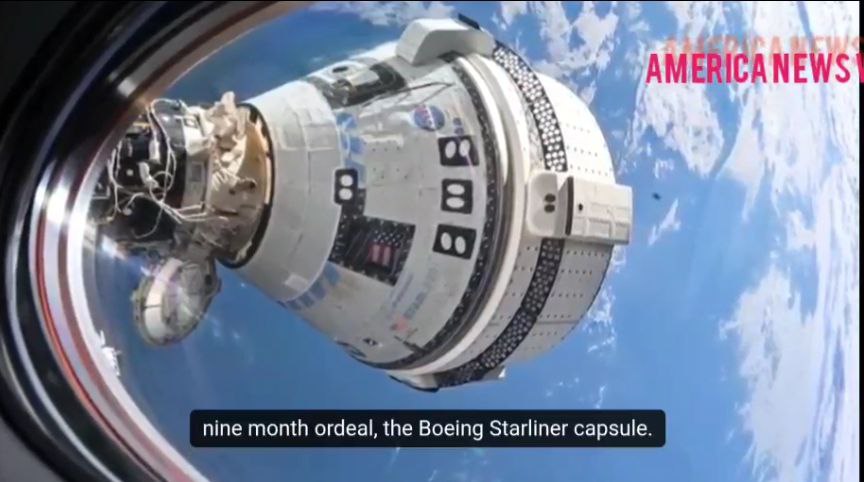
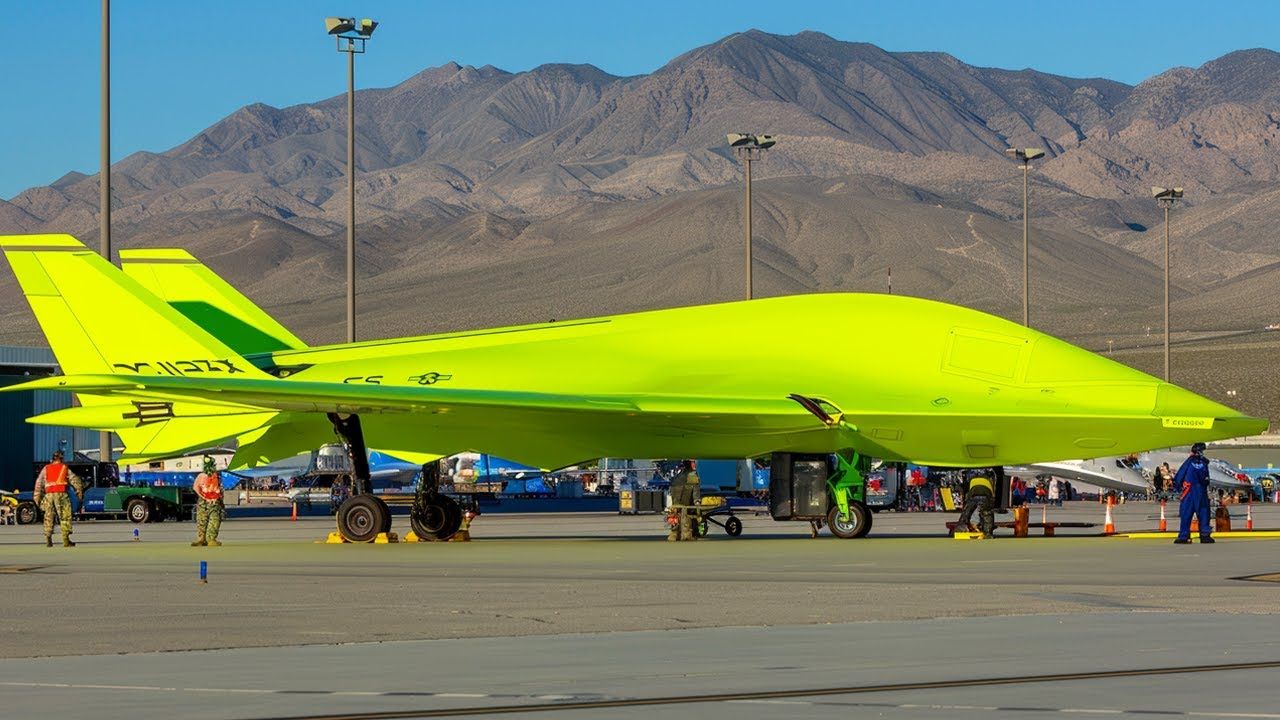


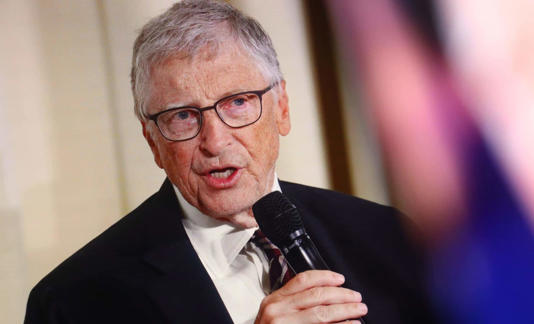



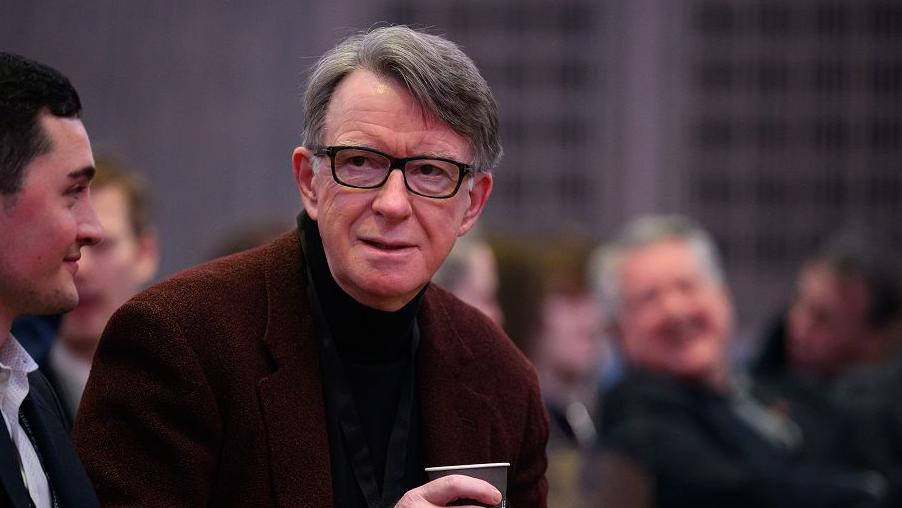
Leave a Reply